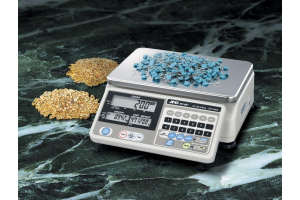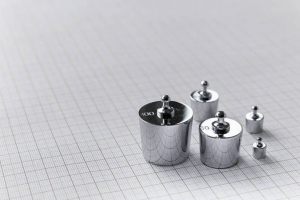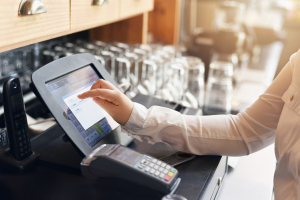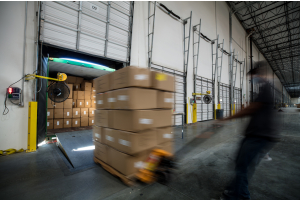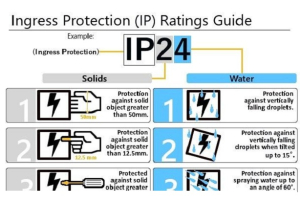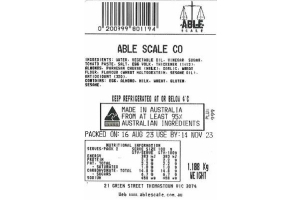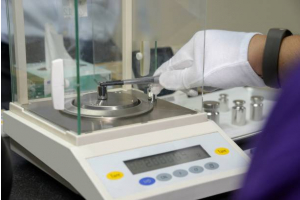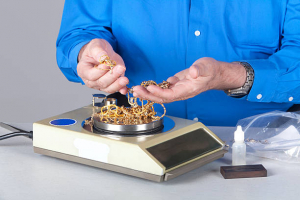
If you use a weighing scale for any part of your operation or business, you need to ensure that it is always accurate and performing as it should.
No matter what brand or quality weighing scale you use, these instruments can become less accurate over time due to wear and tear. In environments where precise weights directly impact results, it is critical that the scale is regularly calibrated and tested.
Before you decide on whether to calibrate your scale every month or once a year, it may be helpful to first consult the manufacturer’s recommendations. As all scales are built differently, different manufacturers may have a different guideline on the frequency of scale calibration.
At Able Scales, we always advise customers to schedule in, at minimum, an annual Quality Assurance test. However, some businesses do come to us for monthly equipment testing.
How often you calibrate your scales depends on several factors:
a) Frequency of use
A scale that is used multiple times a day or every day of the week is subject to more wear and tear than a scale that is only used once every few days. If your scale is being used frequently, it’s calibration should be checked more often - once every month, or perhaps even every week.
b) Surrounding environment
Where is the scale located? Is it placed in an area that subjects it to extreme environmental factors such as heat, cold or frequent temperature changes? Dust, fluid, and other substances as well as vibrations or static electricity may also interfere with the scale performance. If your scale is exposed to these, you should consider a more frequent calibration.
c) How critical the scale is to your processes
If your results rely on precise weight and your business cannot afford to have any inaccuracy in weight, you should calibrate your scale more frequently. For example, if your business deals with products that have a high price per kg, such as gold, precious gems or truffles, even slight inaccuracies would result in product giveaway and money lost.
You should also consider frequent calibration if:
- Your product can be rejected or destroyed due to being under or overweight
- You use the scale for recipe production (from food, to concrete batching or industrial product mixing)
- Your manufacturing production includes counting of parts into packets and boxes
- You need to adhere to shipping supply chain regulations and freight costs
- You need medical accuracy for supplying to elderly patients in aged care or babies
Able Scale offers scale repair and testing services, and our experienced technicians are fully trained to perform scale calibrations for all major brands of weighing equipment, including industrial weighing scales. We have an ISO9001 certified system, and specialize in providing regular QA testing for your scales.
For expert advice on how often you should calibrate your scale, or for any repair and maintenance work to keep your equipment in optimum condition, please contact our team directly.
Have questions about our products and services?
We are here to help. Please fill in our online enquiry form below, and we will respond to you within the next business day.



 Call us Today
Call us Today
